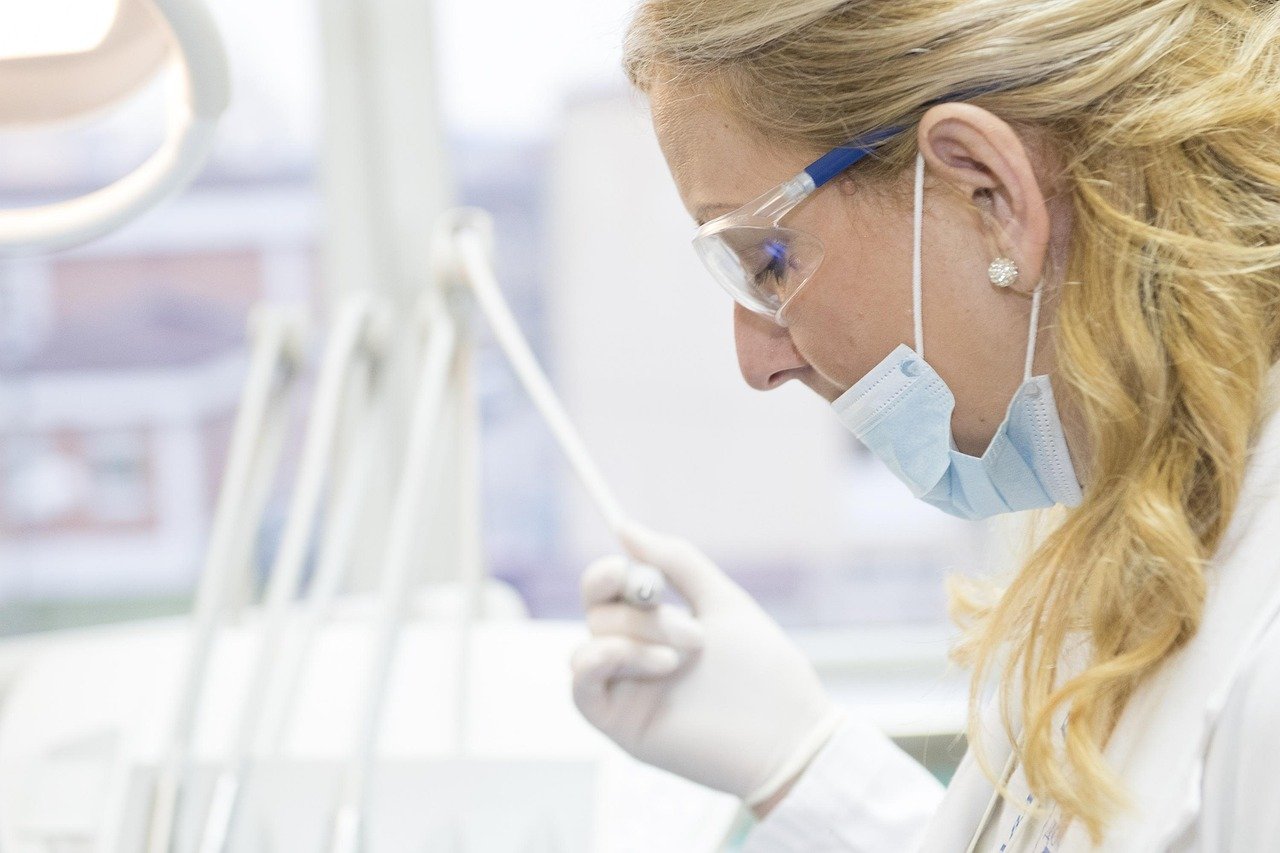Opioid addiction continues to be one of the most pressing public health challenges in the United States. While new medications and approaches have emerged over the years, methadone clinics remain an essential part of treatment for many individuals. These clinics provide not only medication but also structure, support, and a pathway to long-term stability.
The Role of Methadone in Treatment
Methadone is a medication that helps reduce withdrawal symptoms and cravings in people struggling with opioid use disorder. By binding to the same receptors as opioids, methadone prevents the highs and lows that come with misuse, allowing individuals to function more normally. For decades, it has been one of the most effective tools for stabilizing lives impacted by addiction.
Why Methadone Clinics Matter
Methadone treatment isn’t just about medication—it’s about consistent care. Clinics provide supervised dosing, counseling, and accountability. This structure reduces the risk of relapse and supports individuals as they rebuild their routines. For many, attending a clinic daily or several times per week creates a rhythm that reinforces recovery.
Addressing Misconceptions
Despite its proven effectiveness, methadone is sometimes misunderstood. Some view it as “trading one drug for another,” but research consistently shows that methadone treatment saves lives, lowers the risk of overdose, and improves quality of life. These clinics offer a bridge to stability, allowing individuals to regain control while developing healthier coping skills.
Accessibility and Community Support
Methadone clinics are particularly vital in areas where other forms of treatment may be less available. Programs such as methadone Long Island ensure that individuals in need have access to life-saving care close to home. By combining medical oversight with counseling and community resources, these programs meet both immediate and long-term needs.
A Continued Place in Modern Recovery
Even as newer medications like buprenorphine and naltrexone gain popularity, methadone clinics remain essential. They serve individuals who may not respond to other treatments and continue to be a cornerstone of opioid recovery. Their structured approach, accessibility, and proven outcomes ensure they will remain a critical part of the fight against the opioid crisis.

